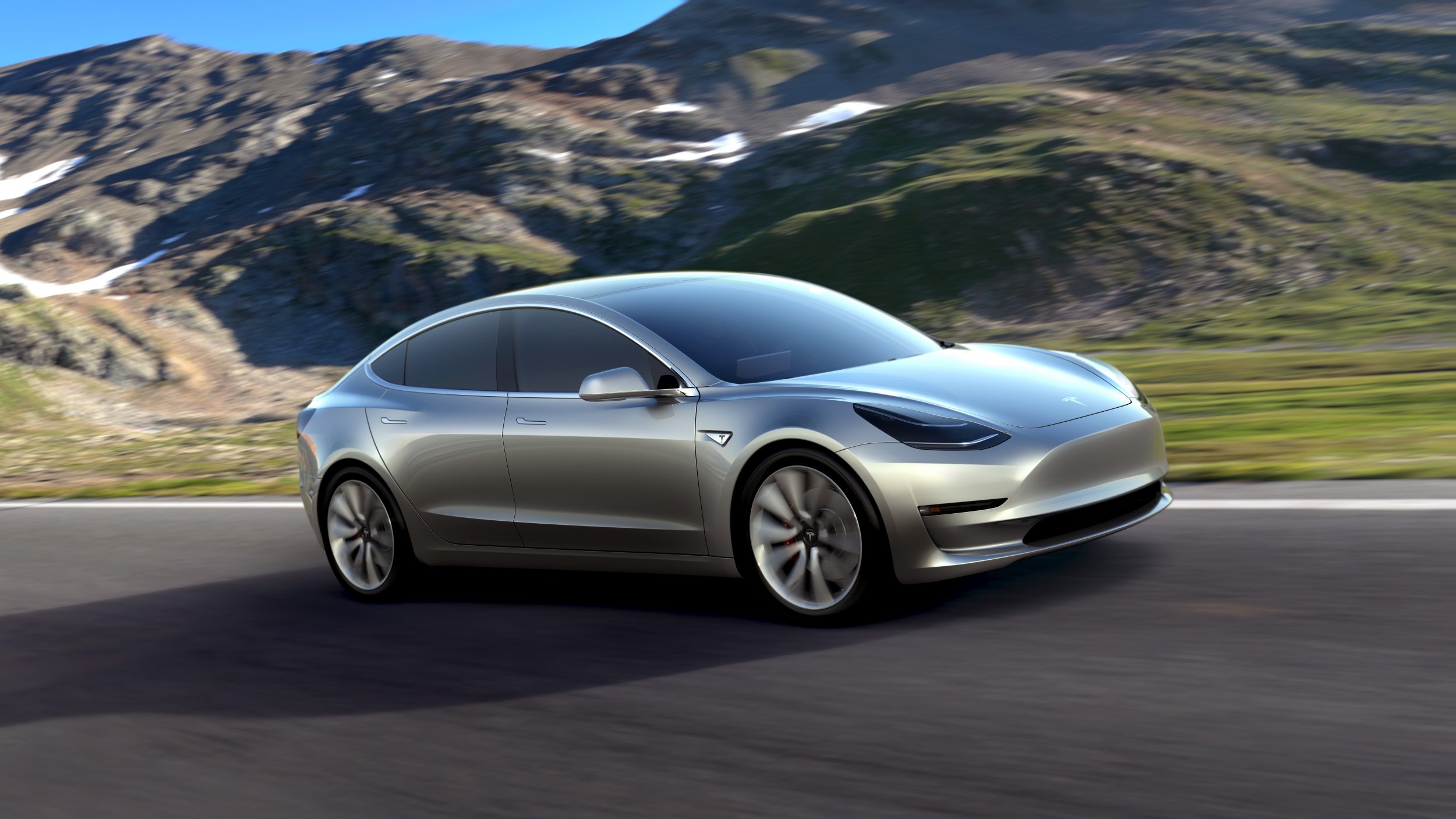
Quora Questions are part of a partnership between Newsweek and Quora, through which we'll be posting relevant and interesting answers from Quora contributors throughout the week. Read more about the partnership here.
Answer from Joseph Philleo, USC Undergraduate Economics:
In the past I've written about why China will be the world's manufacturing center in 2030, and I believe that the fundamental case for manufacturing abroad remains strong. However, after research and deliberation, I found six compelling reasons why Tesla would build its Gigafactory in the US.
- Size — With an expected area of 10 million square feet, Gigafactory 1 will be "the world's largest building by physical area." At that scale, Gigafactory 1 is a huge investment with a profit outlook of decades, not years. As such, Tesla has a greater need for cheap land, political stability, clear and favorable regulation, and minimal governmental friction than your typical run-of-the-mill manufacturing plant.
- Subsidies — Gigafactory 1 is a gigantic investment. Estimates tag it as a $5 billion endeavor. Debt ridden and unprofitable, Tesla can't afford to build the plant (they needed a $1.6 billion partnership/investment with Panasonic); how could they pay the $50 million/year property tax or the 8.15 percent sales tax? In the free market, Gigafactory 1 could not exist. Fortunately for Tesla, Nevada isn't the free market. "Nevada was selected as the location of the Gigafactory with $1.25 billion of incentive grants from the State of Nevada in the form of 20 years free from sales tax, and 10 years free from property tax. The incentives include $195 million in transferable tax credits, which Tesla could sell for cash."
- Labor — Due to the project's scale and time frame constraints, Tesla needs to hire and train 6,500 employees in a few years. If not the US (more specifically, the Pacific Coast), where else would Tesla be able to find:
- 1,000 engineers
- 1,000 experienced technicians
- 4,500 production associates with "three years experience doing complex electro-mechanical assembly work" and "the ability to lift 30 pounds to 50 pounds."
- Proximity to Lithium and Customers — Gigafactory 1 is projected to have a manufacturing capacity of 35 gigawatt-hours of cells per year. For reference, that means Gigafactory 1 will produce more lithium ion batteries in a year than the entire world produced in 2013. If Elon Musk's optimism is founded, capacity might be even higher. As John D. Rockefeller figured out while running his monstrous oil refineries, when you are the middle man, location matters. Proximity to raw materials and customers can shave significant margins off the final product. This is especially true when there are trade barriers, taxes, and multiple legs and types of transportation. The Nevada location is within 200 miles of a large lithium mining company and within 250 miles of the Tesla Factory in Fremont, CA.
- Convenience — Tesla is an agile company. As Michael Barnard points out, staying relatively condensed helps them remain that way. For instance, it is much easier to reassign an employee from the Tesla Factory in Freemont, CA to the Gigafactory 1 plant in Nevada than it would be to reassign them to a Chinese or Japanese location. Keeping operations close also makes it much easier for Tesla's top executives and engineers to travel.
- Taxes — I don't know how the Tesla Gigafactory division is structured, but operating the factory in a foreign nation could result in Tesla (or Panasonic) being double-taxed on foreign profits that it tries to bring back to the US. Obviously, that's not a good thing.
In summation, Tesla's $5 billion, 10-million-square-foot Gigafactory is far from a typical manufacturing facility. The plant's unique constraints—its size, profit horizon, enormous need for labor, reliance on government aid, and proximity to natural resources — outweigh the typical benefits that manufacturing companies seek when they move to or invest in a foreign nation.
Why does it make sense for Tesla to build manufacturing in the US but not other companies? originally appeared on Quora—the knowledge-sharing network where compelling questions are answered by people with unique insights. You can follow Quora on Twitter, Facebook, and Google+. More questions:
- Tesla Motors: Why are people buying Tesla stocks?
- Manufacturing: Is Tesla good at manufacturing?
- Economics: How does globalization help working class people in the US?
Uncommon Knowledge
Newsweek is committed to challenging conventional wisdom and finding connections in the search for common ground.
Newsweek is committed to challenging conventional wisdom and finding connections in the search for common ground.
About the writer
To read how Newsweek uses AI as a newsroom tool, Click here.








